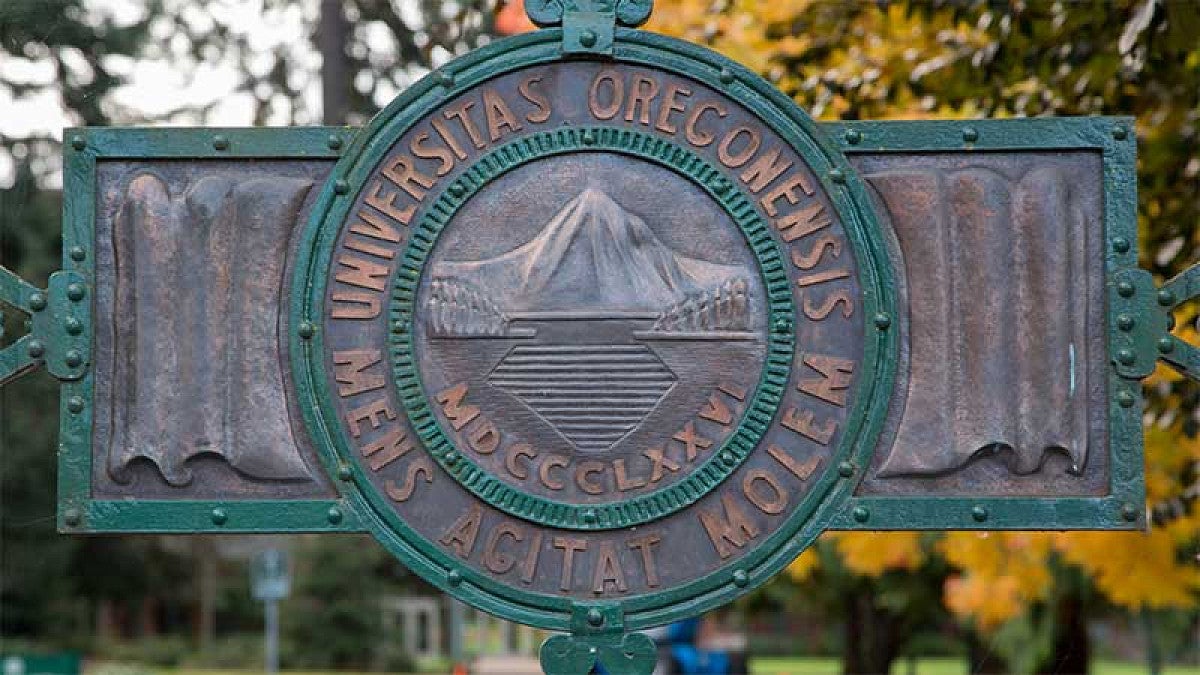A meeting that was defined by robust discussion and impassioned pleas led to the University of Oregon taking a significant step toward establishing tuition for the coming academic year.
The Board of Trustees of the University of Oregon approved an undergraduate tuition increase of $945 per year. The proposal will now go to the Higher Education Coordinating Commission for full authorization.
The tuition and fee proposal includes an increase of $21 per credit hour, or 10.6 percent for in-state undergraduate students and a 3 percent increase for out-of-state undergraduate students. The proposed state budget, combined with significant cost drivers outside the university’s control, leaves the UO anticipating a $27.5 million budget gap for next year. Even with the proposed tuition increases, the university will still need to close an $8.8 million gap through a combination of operational cuts or new revenue streams.
“I regret that we have to bring this proposal to you today,” President Michael H. Schill said. “I agree with our students, who said it very eloquently; they shouldn’t have a 10 percent increase in tuition. The state should value them and their education, and the state should not make them tap out their parents’ savings or work 35 or 40 hours a week to receive an education.”
The proposed tuition plan is conditional, and the university could lower tuition if the state provides increased funding for higher education. The state’s seven public universities have requested $100 million in additional annual funding from the Legislature, which is currently developing a budget for the next biennium.
“We need to say that a 10.6 percent increase is unacceptable, but I don’t believe in symbolically voting ‘no,’” said Will Paustian, student trustee. “I am voting yes so we can use it as leverage in Salem.”
The budget plan approved Thursday clears the university to lower tuition by approximately 1 percentage point for every $20 million increment in increased state higher education funding. Full funding of the $100 million funding request would equate to a 5.1 percent undergraduate tuition increase at the UO.
“I am going work hard to convince the state,” Schill said. “I’m working hard with our ASUO, and I invite the students and trustees to come advocate with us on UO Day at the Capitol because we need everyone to help us.”
“We need to keep the pressure on to get what we need from the state,” said Chuck Lillis, chair of the board. “This is a problem that started in Oregon 10 years ago when it underfunded higher education.”
Lillis also discussed the importance of the institution’s commitment to academic excellence, which he acknowledged comes at a cost but provides long-term benefits.
The tuition proposal for the 2017-18 academic year was adopted by the board and university based on recommendations from the Tuition and Fee Advisory Board, a group of students, faculty, administrators and staff, who worked for several months to assess options and weigh the impact on students and the university. It was submitted for the board’s consideration after a weeklong public comment period.
—By Tobin Klinger, University Communications


